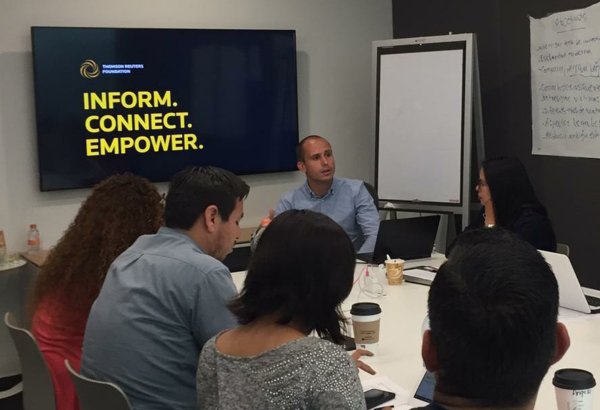
A group of 14 journalists from across Mexico took part in a five-day workshop in the capital in July on how to report on human trafficking and modern slavery.
The reporters publish in states from the U.S. border down to the southern tip of the country in national newspapers like El Universal, broadcasters such as Grupo Multimedios, regional weeklies like Zeta magazine and many others.
Over the week the classes established basic concepts, Mexico’s legal framework, the data available as well as a multi-day writing exercise to work on sourcing, structure and reporting strategies.
The participants shared their diverse experiences and challenges reporting in Mexico, one of the most dangerous countries in the world for journalists. There were lively debates about the role the media should play in society and how to report sensitively on such a difficult topic.
A series of guest speakers came to share their experiences with the group, including Jan-Albert Hootsen from the Committee to Protect Journalists (CPJ), director of non-profit Anthus Mariana Wenzel and award-winning journalist Nayeli Roldán who shared investigation techniques.
A highlight of the week was a panel discussion – ‘Reporting Sensitively on Human Trafficking in Mexico’ – moderated by Christine Murray, the Thomson Reuters Foundation’s Mexico Trafficking Correspondent, that saw more than 80 guests attend including academics, local journalists, civil society representatives. The discussion featured four high-profile speakers: Mónica Salazar, head of the NGO Dignificando el Trabajo (DITRAC), Mario Luis Fuentes, human trafficking chair at the National Autonomous University of Mexico (UNAM), investigative journalist Alejandra Guillén, and Stephen Birtwistle, manager of the forced and child labor program for the C&A Foundation in Mexico.
On the final day, each journalist presented a story idea related to trafficking, and seven of them will receive a mentor and travel expenses from the Thomson Reuters Foundation to help get the piece published.
The Mexico City course was one of a series on reporting on migration, trafficking and slavery that are being run around the world this year by the Thomson Reuters Foundation in partnership with the C&A Foundation.
There are 8 courses in total throughout in 2019, including in Bangladesh, India, Brazil, Thailand and Britain.
More News
View All
AI Company Data Initiative drives transparency on corporate AI adoption
Now open for company…
Read More
Winners of the 2025 TrustLaw Awards Announced
This week marks the announcement of the 2025 TrustLaw Awards winners,…
Read More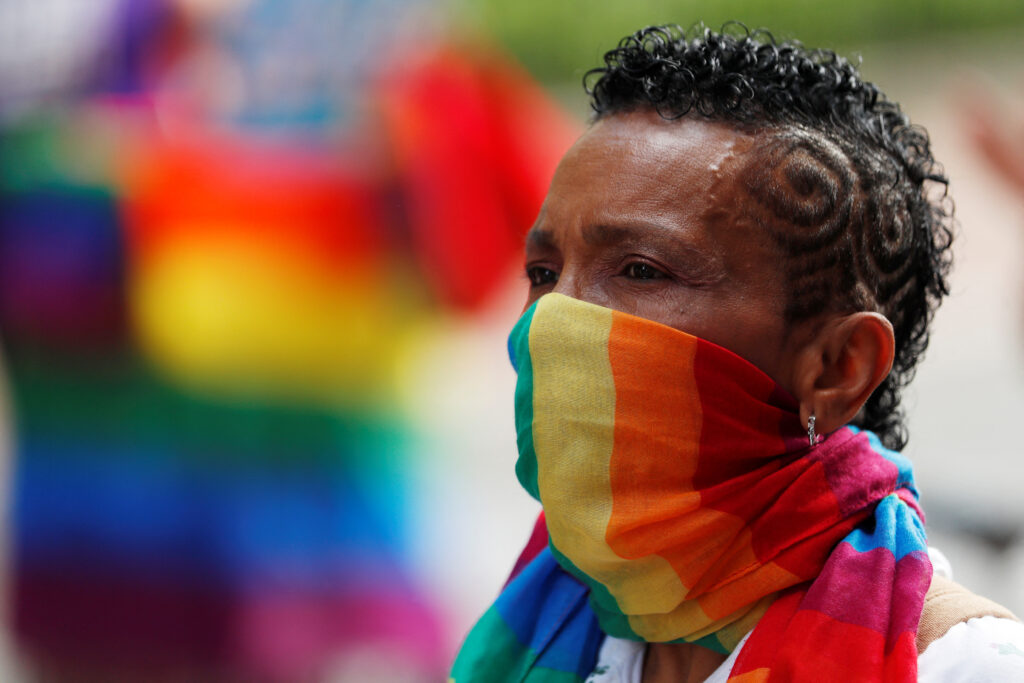
How the Foundation is supporting LGBTQ+ communities worldwide
Over the last year, the Foundation has…
Read More
World Press Freedom Day: the need for the equitable and ethical adoption of AI
AI will be…
Read More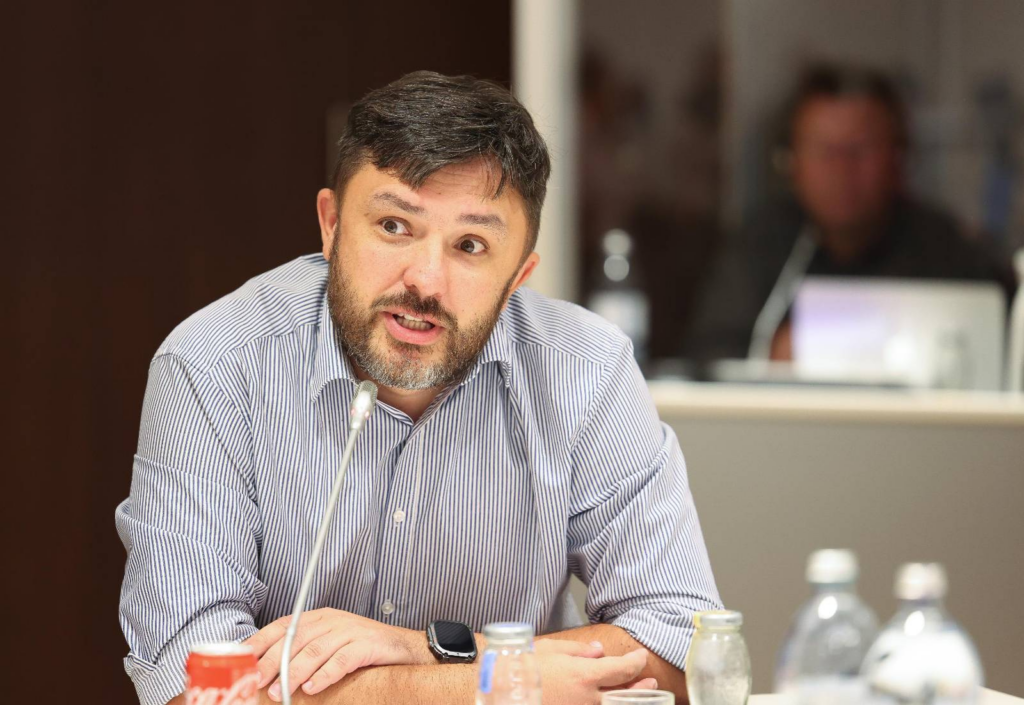
Case study: How an exiled Russian newsroom is using AI to combat news fatigue
Our Media in…
Read More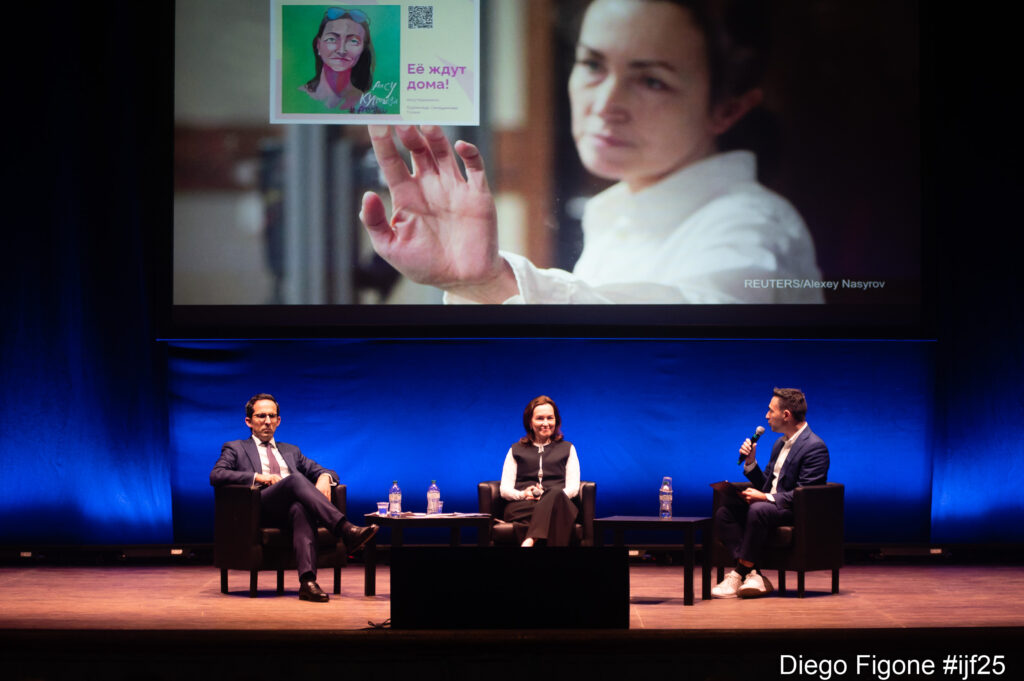
Five takeaways from the 2025 International Journalism Festival in Perugia
Remarkable solidarity…
Read More
How ‘foreign agent’ laws are silencing independent media
We explore the growing threat of ‘foreign agent’…
Read More
Unpacking the regional trends of the Index of Pro Bono 2024
We take a look at the long-term trends on pro…
Read More
2024 Index of Pro Bono findings revealed
The 2024 Index of Pro Bono, compiling comprehensive data representing nearly…
Read More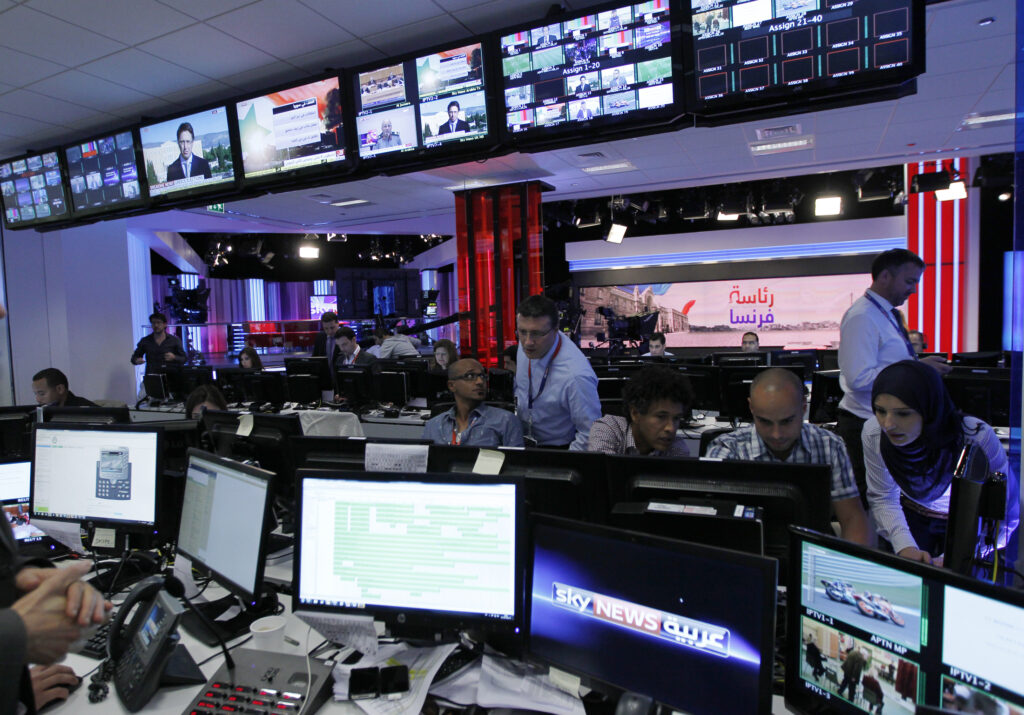
Journalists cautiously optimistic about the effect of AI on the profession, our new report finds
Our new TRF Insights report sheds light on the opportunities and challenges of AI…
Read More

